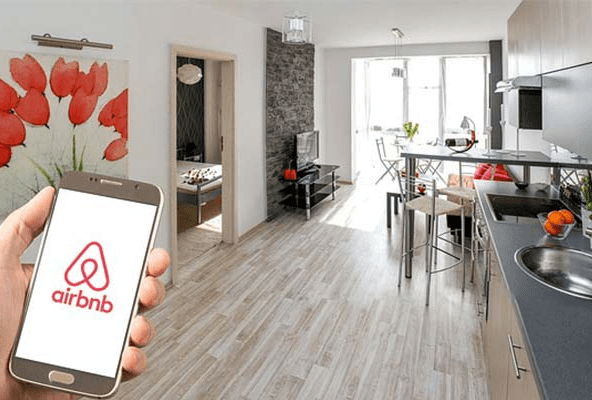Understanding the rules is essential before listing a property on Airbnb or offering monthly stays in Thailand. Let’s dive into the key distinctions, laws, and what’s allowed based on property type.
⚖️ Legal Definitions
| Rental Type | Duration | Common Use |
|---|---|---|
| Short-Term | Less than 30 days | Holiday/tourist stays |
| Long-Term | 30 days or more | Residential/staff housing |
✅ What’s Legal by Property Type
| Property Type | Long-Term Rentals | Short-Term Rentals | Notes |
|---|---|---|---|
| Condominium (foreign-owned) | ✅ Legal | ⚠️ Limited/regulated | Can rent long-term; short stays often restricted by building rules |
| Condominium (Thai-owned) | ✅ Legal | ⚠️ Limited/regulated | Same as above |
| House/Villa (on leased land) | ✅ Legal (if lease allows) | ❌ Hotel license required | You cannot legally rent short-term unless licensed under Hotel Act |
| Commercial-licensed building | ✅ Legal | ✅ Legal | Requires business and hotel license |
⚠️ Warning: Many Thai condos have rules or juristic persons that prohibit rentals under 30 days.
📜 Hotel Act Compliance
Under Thailand’s Hotel Act, offering short-term stays under 30 days is only allowed if:
- The property is licensed as a hotel or
- The rental is 30+ days, or
- The property is registered as a “serviced apartment”
If you rent short-term without this license, you risk:
- Fines (up to ฿20,000 per offense)
- Legal action from neighbors or juristic office
- Blacklisting on rental platforms
🧾 Tax & Reporting Differences
| Rental Type | Taxes Required | Notes |
|---|---|---|
| Long-Term | Income Tax only | Declare yearly to Thai Revenue Dept. |
| Short-Term | Income Tax + Hotel VAT (7%) | If licensed as hotel or operating as a business |
🔑 Summary: What’s Legal?
| Scenario | Is It Legal? | Recommendation |
|---|---|---|
| Foreign-owned condo rented for 1 year | ✅ Yes | Best option for hands-off investors |
| Villa on leased land rented nightly via Airbnb | ❌ No | Risk of fines without hotel license |
| Thai company-owned villa with hotel license | ✅ Yes | Fully legal if operating as hotel |
| Monthly rental to expat or long-stay tourist | ✅ Yes | Most common legal rental type |
✔️ Pro Tips for Foreign Owners
- Stick to 30-day minimum rentals to stay compliant
- Always include subletting clause in lease agreements
- Work with a property manager familiar with local laws
- Avoid “Airbnb loopholes” unless you have proper licensing




